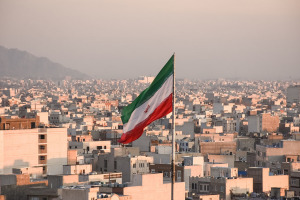Bayer Pushes Through What Would Become The World's Largest Agrochemical Business Deal With Monsanto
German pharmaceutical behemoth Bayer is looking to acquire the St. Louis-based seed seller company, Monsanto, to the tune of $62 billion.
The proposal was made public late last week following Monsanto's press release to clarify rumors about the offers being made to the agri company, a report from Washington Post said. Bayer, on their part, made it clear that the bid is an all-cash basis. Monsanto, on the other hand, told the press that it is currently reviewing the proposal.
Monsanto, the 115-year-old manufacturer, has been known for its herbicide Roundup and for being considered as one of the first companies to create genetically engineered seeds.
Aside from the popular household pill Bayer aspirin and Alka-Seltzer, the chemical company also produces agricultural products like seeds and pesticides.
If this pushes through, they would establish regional strengths wherein Monsanto dominates the US agri-chemical market, while Bayer controls the larger part of Europe and Asia.
The deal, according to ABC, would also seek the creation of a global giant focusing in further innovation of agriculture technology.
"Together we would draw on the collective expertise of both companies to build a leading agriculture player with exceptional innovation capabilities to the benefit of farmers, consumers, our employees and the communities in which we operate," chief executive of Bayer, Werner Baumann said.
For the farmers, the merging could mean that they could get a much broader range of agri products that compliments better with each other. This gives way for the possibility on the increase of growth and yield per acreage.
On the downside, the Bayer-Monsanto deal also means that customers might suffer some price hikes. ABC cites Michael H. Grote of Frankfurt School of Finance & Management, an expert on mergers and acquisitions, saying that "big players have some ability to set prices higher."
Monsanto employs 21,000 heads worldwide where half of them operate in the 33 states of US. Bayer, meanwhile, has 117,000 employees.




























